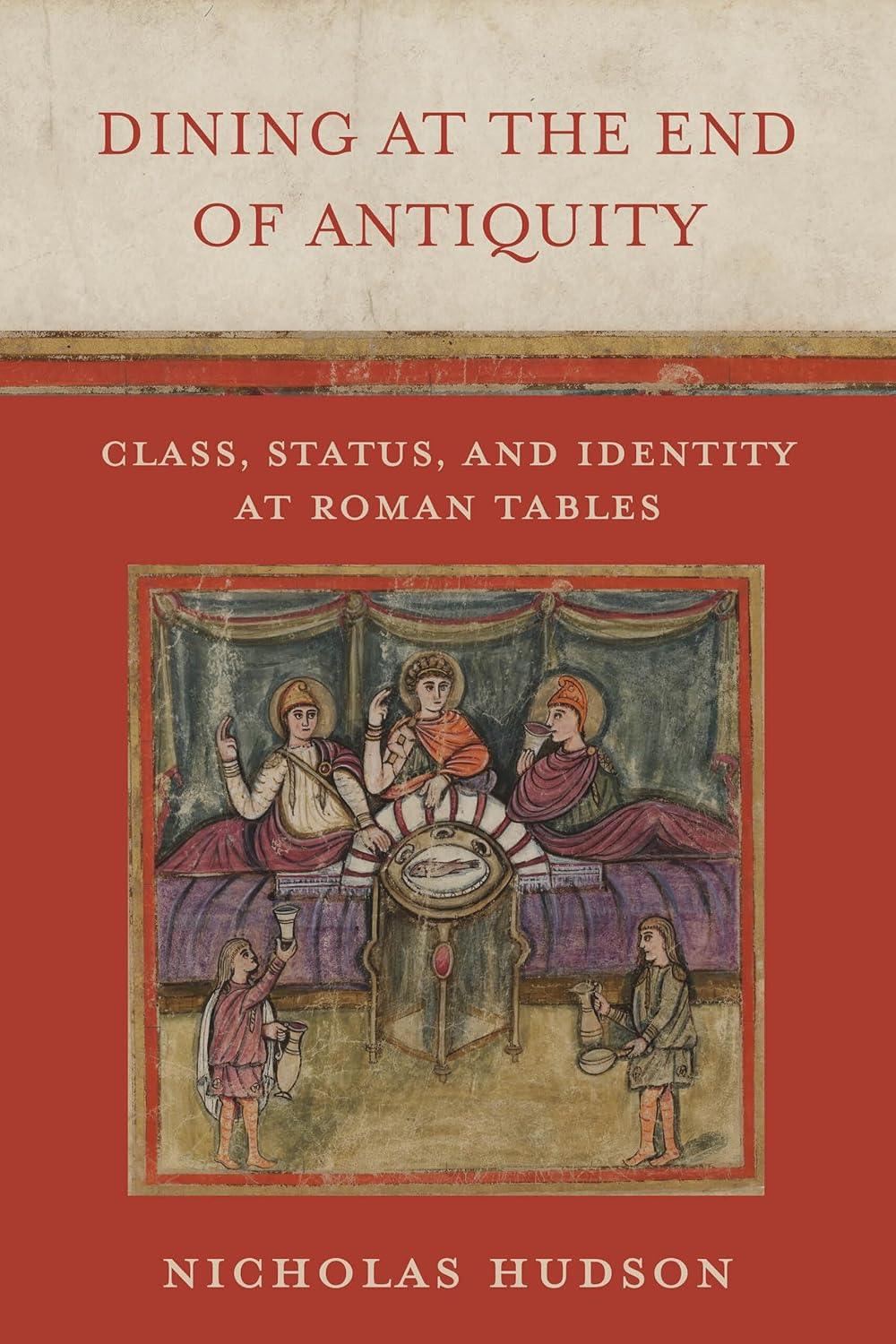-
Shop
- Back
- Shop
- Pre-Order Books
- New Releases
- Vintage Books
- Sale Books
- Children's
- Shop All
- Vintage Menus
- Risographs
- Aprons & Totes
- Moulds
- Gift Cards
- Americas
- Art & Design
- Asia & Oceania
- Europe
- Jewish
- Middle Eastern & African
- Baking & Sweets
- Drinks
- Food Writing
- Gardening & Preserving
- General & Ingredients
- Health
- Professional
- Technique
- Magazine
- Upcoming Events
- About Us
- Cookbook Club
-
Shop
- Pre-Order Books
- New Releases
- Vintage Books
- Sale Books
- Children's
- Shop All
- Vintage Menus
- Risographs
- Aprons & Totes
- Moulds
- Gift Cards
- Americas
- Art & Design
- Asia & Oceania
- Europe
- Jewish
- Middle Eastern & African
- Baking & Sweets
- Drinks
- Food Writing
- Gardening & Preserving
- General & Ingredients
- Health
- Professional
- Technique
- Magazine
- Upcoming Events
- About Us
- Cookbook Club



Dining at the End of Antiquity: Class, Status, and Identity at Roman Tables (Nicholas Hudson)
The history of dining is a story that cannot be told without archaeology. Surviving texts describe the opulent banquets of Rome’s wealthy elite but give little attention to the simpler, more intimate social gatherings of domestic invitation dinners. The lower classes, in particular, are largely ignored by literary sources. We can, however, find the voices of the underprivileged by turning to the material detritus of ancient cultures that reflects their social history.
Dining at the End of Antiquity brings together the material culture and literary traditions of Romans at the table to reimagine dining culture as an integral part of Roman social order. Through a careful analysis of the tools and equipment of dining, Nicholas Hudson uncovers significant changes to the way different classes came together to share food and wine between the fourth and sixth centuries. Reconstructing the practices of Roman dining culture, Hudson explores the depths of new social distances between the powerful and the dependent at the end of antiquity.
